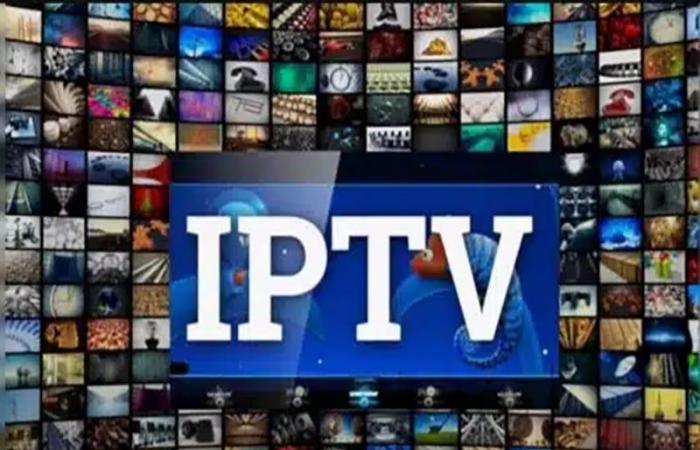The spectacular dismantling of a vast illegal streaming network, affecting 22 million users around the world, marks a turning point in the fight against digital piracy. This international operation has obvious implications for the countries of Europe and Asia, its impact on the African continent, in particular on Morocco (although for the moment, it does not affect in any way the “under the sun “of the Kingdom), deserves a modest analysis so that we can dwell on it somewhat.
This case sheds light on the economic, social and cultural challenges posed by these illicit platforms, often perceived as a privileged means of access to content inaccessible to certain populations. More than 2,500 illegal channels and servers, responsible for the majority of illegal broadcasts in Europe, have been seized. These infrastructures allowed suspects to generate fraudulent income exceeding 250 million euros per month.
If IPTV continues to gain momentum, it remains faced with several challenges. On the one hand, the illegal services that dominate this market are giving rise to growing concerns, particularly in terms of copyright and cybersecurity. On the other hand, “legal” IPTV must still attract consumers by offering competitive prices and content adapted to local expectations.
For Moroccan households, the choice between satellite dish and IPTV is not limited to a technological question. It also reflects a cultural change, a transition towards more personalized, interactive consumption and in line with global trends. This development perhaps marks the end of an era for the first, but above all it opens the way to a digital revolution in the Moroccan audiovisual landscape.
African market vulnerable to piracy
That said, for the sake of good conscience, it’s an open secret. Illegal streaming is widespread in Africa and the Kingdom. Illegal IPTV platforms abound there and offer cheap, or even free, access to otherwise out-of-reach entertainment content. For a continent in which socio-economic inequalities are marked and where legal services, such as Netflix, Beinsports, Canal+, etc., remain unaffordable for a large part of the population, these pirate services appear to be a pragmatic response to a critical need for entertainment. and information.
As a result, the removal of these networks could further widen the digital divide and reinforce the perception that entertainment remains reserved for an affluent urban elite. This blow against piracy could also accentuate cultural exclusion, depriving millions of people of the series, films and sporting events that punctuate their daily lives.
In certain African countries, such as Algeria, illegal streaming platforms also serve as an alternative access to information, often biased or controlled by local authorities. This disappearance therefore risks having repercussions on information consumption patterns, forcing populations to turn to traditional channels or to social networks, where disinformation can flourish.
Morocco, as a regional leader in digitalization and technological infrastructure, is not immune to the phenomenon of audiovisual piracy. Illegal IPTV has flourished in the Kingdom, notably thanks to the increasing accessibility of high-speed internet, the proliferation of connected televisions, and strong demand for sports content, particularly international football competitions.
Morocco: special case in the fight against piracy
This dismantling of the network could have immediate impacts on the Moroccan market. First, it could benefit local broadcasters and legitimate content providers, who were often overshadowed by these pirate services. The operation could encourage media companies to strengthen their offerings, in particular by adapting their prices and diversifying content to reach a wider audience.
However, this also brings a challenge: Morocco will have to step up its own efforts to combat the remaining servers, often hosted abroad, but accessible locally. The question of legal and technological capacities to track down and prosecute the perpetrators of piracy becomes central here.
The operation highlights a broader issue: the prohibitive cost of legal streaming services on a continent in which the average income remains much lower than that of developed economies. In Morocco, as in other African countries, the challenge is to offer affordable and accessible alternatives, while promoting practices that respect copyright.
At a time when the Kingdom aims to become a technological hub in Africa, this situation could encourage Moroccan companies to develop adapted local solutions, such as low-cost legal platforms or partnerships with international broadcasters. The challenge is twofold: to fill the void left by pirate networks and to educate consumers about the dangers and negative impacts of piracy.
The dismantling of this international network represents a strong signal, but also an opportunity for governments and businesses on the African continent, particularly in Morocco, to rethink access to digital content.






